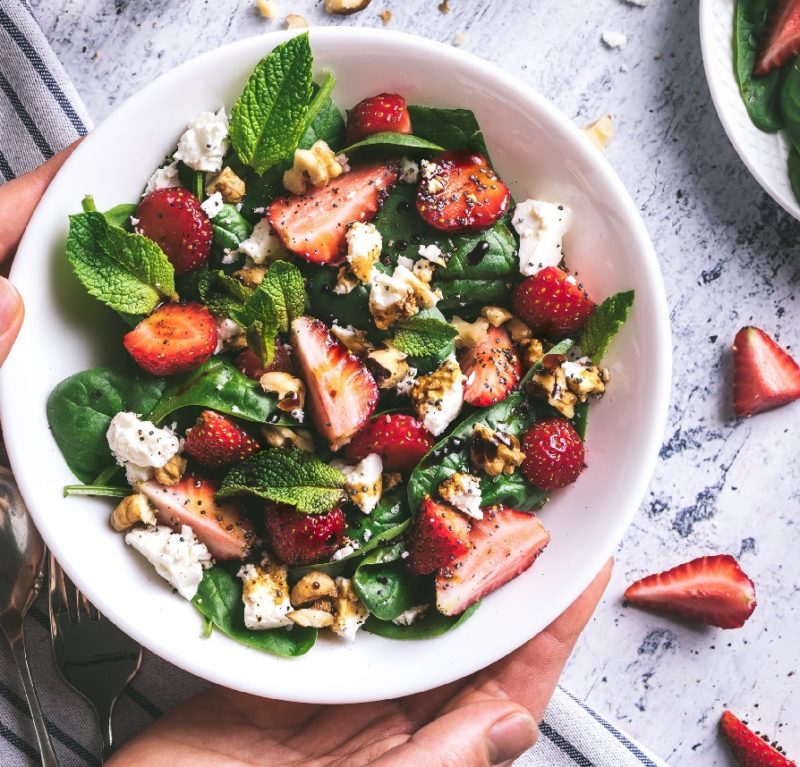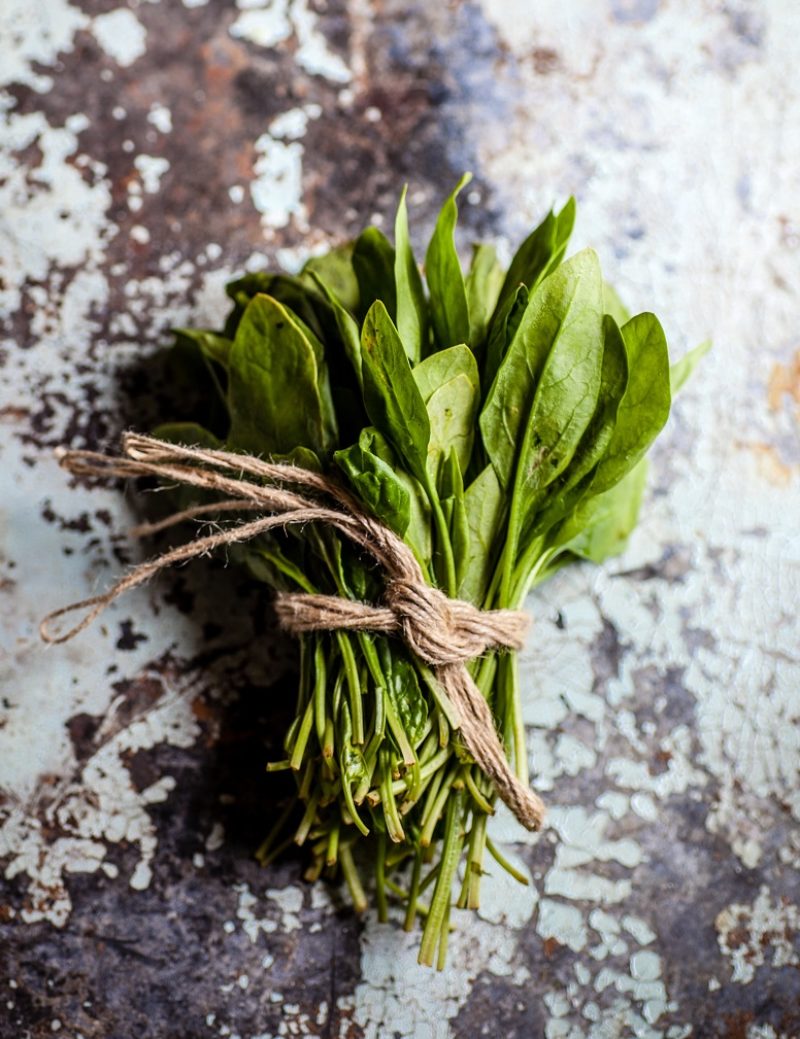September 2020 Food for Thought: Best Foods for Your Brain
By Grace McKevitt

September is National Cholesterol Education Month, National Honey Month, Better Breakfast Month and World Alzheimer’s Month. In honor of Alzheimer’s month, the KRNC is sharing evidence about the connection between nutrition and brain health.
What is Alzheimer’s Disease?
Alzheimer’s Disease (AD) is characterized by chronic inflammation in the brain, high rates of brain cell death, and plaque build up. This disease affects a person’s thinking, memory and functional abilities, and can also change personality and/or behavior.
Is Alzheimer’s Disease preventable?
There are many AD risk factors, including age, sex and genetics. Additionally, high cholesterol, diabetes, high blood sugar and heart disease are all risk factors for AD. Research shows that lifestyle largely influences the development of AD. The “6 Pillars of Alzheimer’s Prevention” focuses on lifestyle elements that can promote brain health. Looking closer at “healthy diet”, there are dietary patterns and specific foods that can help lower AD risk.
What should I eat for brain health?
The MIND diet (Mediterranean-DASH Intervention for Neurodegenerative Delay) created by Rush University encourages eating specific protective foods, all of which have been associated with slower cognitive decline in clinical studies. It also names foods groups to avoid, based on adverse effects on the brain. You don’t have to follow the MIND diet strictly to boost brain health. MIND Diet developers say it should be used as a guideline for emphasizing brain-friendly foods and limiting those that can create inflammation. More good news, this eating pattern not only cuts AD risk- it also provides cardiovascular benefits!
5 Tips for Being more MINDful
- Be Bold with Berries (2 or more servings per week)
High in anti-inflammatory properties, antioxidants, and vitamins A, C, and K, berries should be a daily go-to! Fresh or frozen, try them with oatmeal, cereal, yogurt, smoothies, salads or just on their own.
- Load up on Green Leafy Vegetables (at least 1 serving per day)

Dark, leafy greens such as kale, spinach, beet greens, chard, bok choy and collard greens are full of folate, iron, calcium, and vitamins A, C, and K, which may preserve brain function and reduce memory loss. Add greens to smoothies, eggs (frittata, omelet, scrambled, you name it!), or make your own pesto.
- Focus on Healthy Fats (1 or more servings of seafood per week)
Your brain needs fat! Nuts, seeds, avocados, seafood and of course, olive oil, are loaded with healthy fats that lower blood cholesterol and fight inflammation. Add nuts and seeds to oatmeal, smoothies, salads, or create a crispy nut coating for fish. Bored with baked fish? Get creative with different varieties of fish tacos and experiment with canned salmon for poke bowls or our feature salmon patties.
- Build Your Plate Around Grains and Beans (3+ servings whole grains per day, 4+ servings beans per week)
When planning your menu, base meals on hearty, fiber-rich beans and whole grains. Experiment with flavorful whole-grain farro, barley and quinoa salads, use beans in breakfast burritos, homemade hummus, and creative bowls full of roasted veggies, nuts, seeds and your favorite sauce.
- Limit Meats and Sweets
The MIND diet encourages being more mindful of portions of red meat, processed meat, saturated fats, refined grains, added sugars and fried foods.
Get to know our author:
McKevitt is a senior majoring in Food Science & Human Nutrition, concentrating on Dietetics and Food Service Management. She is interested in both culinary nutrition and counseling. McKevitt says “I aspire to have my own business of meal preparation and work with individuals to create meal plans that are best suited for their health and lifestyle. My dream is to work within Bon Appetit as a recipe developer/tester.” Fun fact about McKevitt: she is a member at the Denver Art Museum and loved their exhibitions last year of Dior and Monet!
More Information:
For additional resources to healthy eating, check out these programs from our registered dietitian nutritionists. Find delicious and healthy recipes on our Recipes page! More health tips are also available at the College of Health and Human Sciences Pinterest board. Lastly, don’t forget to sign up for the KRNC monthly newsletter!


